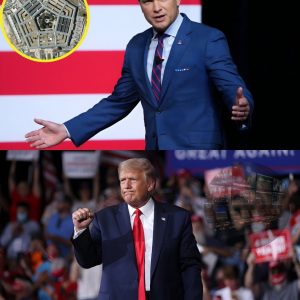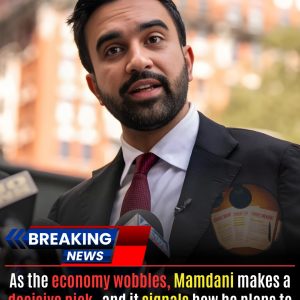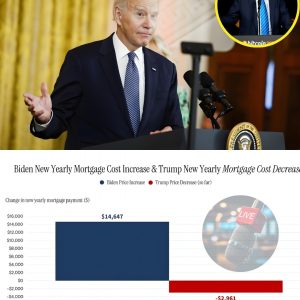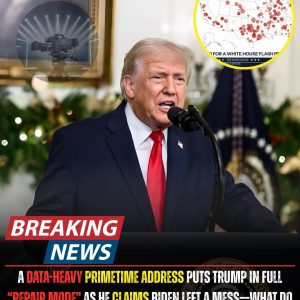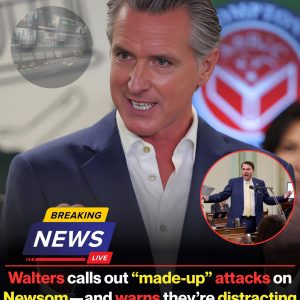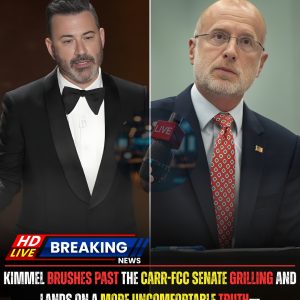For decades, country music has included plenty of duets. Sometimes those duets are with other country artists, like Kenny Rogers and Dolly Parton, or Loretta Lynn and Conway Twitty. But sometimes, the best duets are with artists from other genres. These are four of the best country-pop collaborations, released in the last ten years.
“Where We Started” by Thomas Rhett and Katy Perry

Katy Perry sings with Thomas Rhett on “Where We Started“, the title track of Rhett’s 2022 album. Rhett and Perry wrote the song with Jesse Frasure, Ashley Gorley, and Jon Bellion. A fan of Perry, Rhett says that when they filmed the video, he quickly realized how much they have in common.
“I feel like when you’re a parent and you talk to another parent, it ends up being the majority of the conversation that you have because that’s just what your life is consumed in,” Rhett says (via People). “So to be able to talk dad-ing and mom-ing with someone like Katy was kind of hilarious, but awesome at the same time.”
“Easy On Me” by Chris Stapleton and Adele

Chris Stapleton joins Adele on “Easy On Me”. The song is on Adele’s fourth studio album, 30, released in 2021. Adele penned the song with Greg Kurstin. Although a pop song, “Easy On Me” was released to country radio and became a Top 25 hit. The song also became a massive hit on the pop charts.
“Easy On Me” was inspired by Adele recalling what her friends told her after she ended her marriage.
“A lot of my friends throughout that rainy period of my life kept saying to me that, ‘You have to go easy on yourself,” she recalls to Variety. “Don’t beat yourself up too much about your decisions.’”
“One Too Many” by Keith Urban and Pink

Keith Urban includes “One Too Many” with Pink on his The Speed Of Now Part 1 album. The song is written by Cleo Tighe, Daniel Davidsen, Boy Matthews, Mich Hansen, and Peter Wallevik. Urban wanted to work with Pink for a long time, which is why “One Too Many” became a dream come true for Urban.
“I always wanted to do something with her,” Urban says (via Songfacts). “When this song ‘One Too Many’ came along, I heard her voice in my head. I didn’t know her so through some mutual friends I sent it to her with my fingers crossed – and she loved it.”
“10,000 Hours” by Dan + Shay and Justin Bieber

“10,000 Hours” became one of the biggest singles of Dan + Shay’s career when they released it in 2019 with Justin Bieber. The song, on the duo’s Good Things album, set a new Billboard record by topping the Hot Country Songs chart for an astonishing 21 weeks.
Dan + Shay members Dan Smyers and Shay Mooney wrote “10,000 Hours” with Poo Bear, Jessie Jo Dillon, and Jordan Reynolds. Both Smyers and Mooney are big fans of Bieber, which is why they wrote the song with him in mind, hoping they could convince him to collaborate on the song.
Dan + Shay and Bieber share the same manager, which is how they connected with Bieber, and the rest is history.
